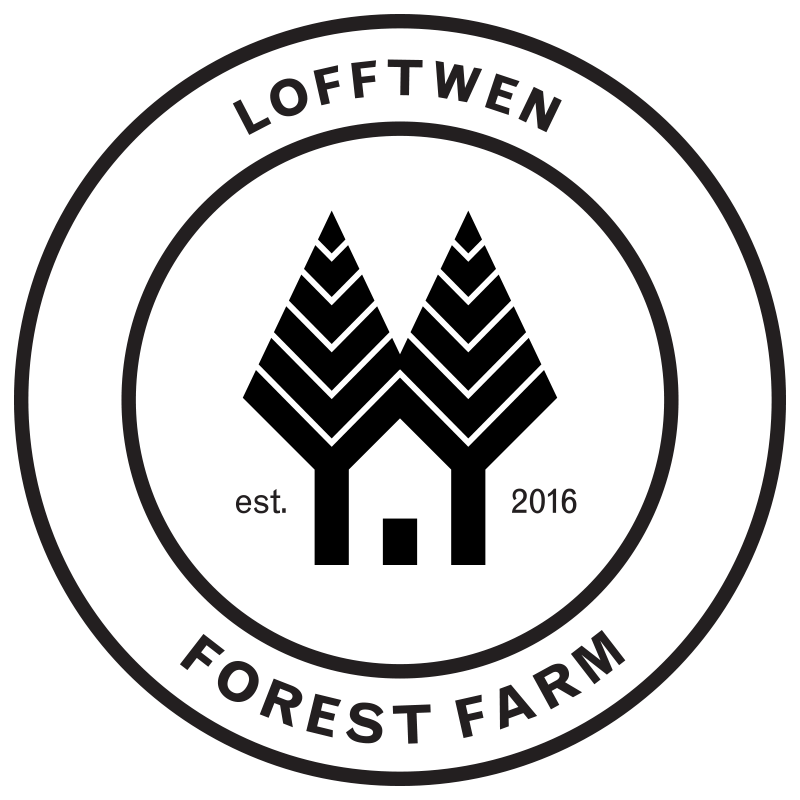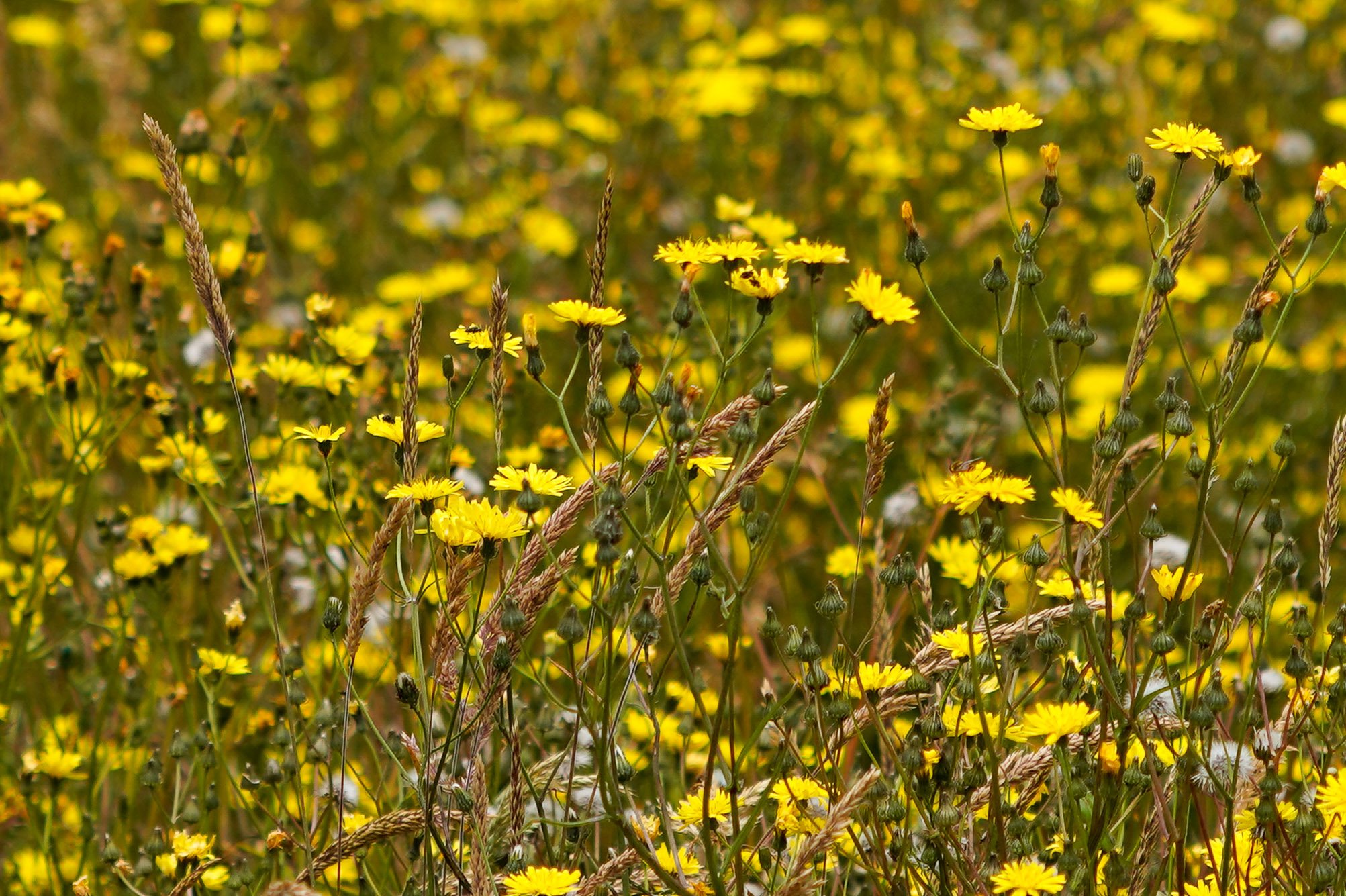Lofftwen awarded Pasture Champion status
There are many aspects of the Lofftwen project where we have plenty of expertise to offer. Farming, and particularly the responsibility of looking after farm animals, was not one of them. Yet we knew animals were going to play a crucial role in our ecological goals, so being awarded Pasture Champion status by Pasture for Life means it looks like we’re heading in the right direction.
We were introduced to Pasture for Life by the head stockman of Knepp, a groundbreaking ecological project based in West Sussex. The Pasture for Life forum has been a font of knowledge, expertise, and helpful local contacts that enabled us to make the first leap into hosting cattle at Lofftwen for quicker than we could have imagined. Although only small in number (five and counting), their impact on the landscape has been almost intantaneous, devouring the butter cups, breaking up the thick sward, and knocking back the rushes and brambles. Having only been here for about nine months, it’s going to be really interesting to see their impact on the wildflower meadows this spring and summer.
“Grazing animals on 100% pasture brings positive impacts for biodiversity and carbon, human health and wellbeing, and animal health and welfare. Pasture for Life works on the ground, every day, to restore ecosystems, implement positive change in our food and farming systems, and demonstrate the benefits of 100% pasture fed.”
But we haven’t had to wait for the warmer months to witness their positive ecologial impact, as these Hereford cattle are bread from an ancient line that are hardy beasts that can outwinter, thus providing essential ecological services, such as food for insects and therefore birds, just at a time when they need it most. Yet despite being hardy they are also friendly, placid, and just a joy to be around.
There is a lot of talk at the moment about reducing meat consumption and replacing it with lab grown alternatives. It is a highly complex issue that I don’t intend to get into in this post, but suffice to say for now that there are no alternatives for the incredible ecological work that cattle and other animals can do, and this is all too often overlooked in the recent push for plant-based alternatives. More thoughts on this in a future post.
For now, a big thank you to Pasture fro Life for contributing so much to this project and giving us a boost by recognising the work we have been doing on biodiversity. A really big thank you to the team who have been looking after them, which includes their owner Toby, Emma (PONT and Pasture for Life), and the ever resourceful and tireless duo of Graham and Carlie. Of course, the biggest thanks goes to Quarantino, Quirkus, Quintus, Quaker, and the baby of the pack, Rasputin.





